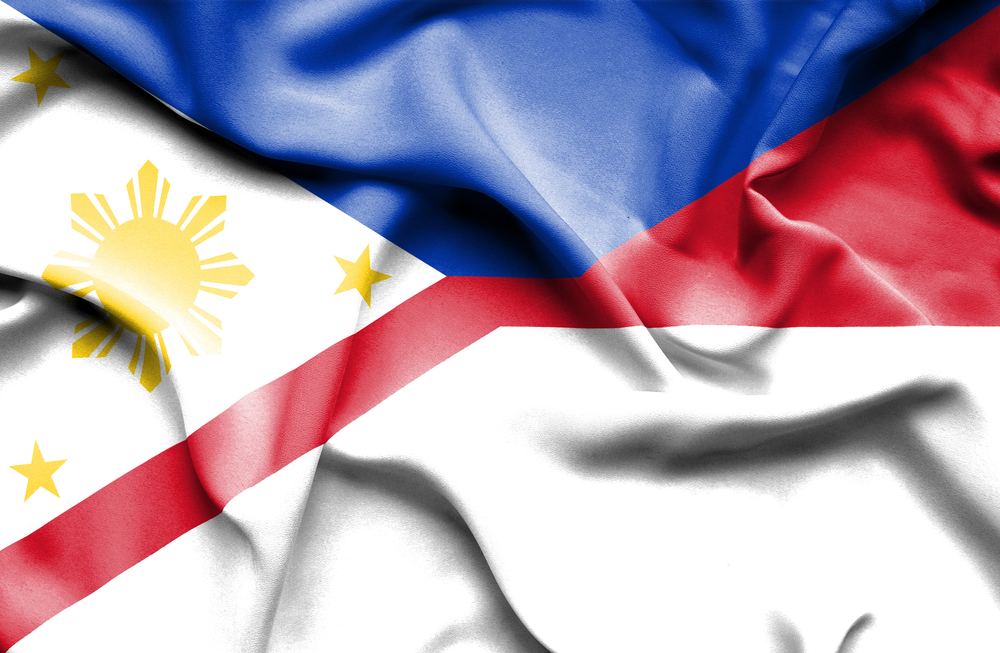Headline
Philippines ranks worst in global impunity
MANILA, Philippines—The Philippines has the highest level of impunity in the world, a recent study showed.
The 2017 Global Immunity Dimensions (GII-2017) published by Universidad de las Americas Puebla included the Philippines in the countries with a very high impunity index. The impunity indexes were divided into three: low and very low impunity, intermediate impunity, and very high impunity.
The Philippines topped the very high impunity index by scoring 75.6, making it the number one country in the world with the highest impunity index.
GII-2017 analyzed 69 countries. 124 Member States of the United Nations were not included in the research due to “lack of sufficient information on security and justice to compare them with other countries included in the Index.”
“Impunity is the cause and effect of the problems that many countries face, such as the lack of rule of law, corruption, violence, insecurity and even social inequality,” Andrea Ambrogi Domínguez, Chairperson of the Honorary Board of Center of Studies on Impunity and Justice – UDLAP said.
GII-2017 follows the definition of impunity of the United Nations Commission on Human Rights (UNCHR): “[impunity means] the impossibility, de jure or de facto, of bringing the perpetrators of violations to account — whether in criminal, civil, administrative or disciplinary proceedings — since they are not subject to any inquiry that might lead to their being accused, arrested, tried and, if found guilty, sentenced to appropriate penalties, and to making reparations to their victims.” (UN, 2015)
The study measured impunity using two main criteria: the functionality of the security, and justice systems and the protection of human rights and the structural and existing capacity of the countries.
GII-2017 remarked: “The Philippines is going through one of its most critical moments, due to the increase of violence relate with organized crime and increased terrorist activities from local gangs linked to the Islamic State.”
Meanwhile, Malacanang appealed that the report be “taken in its proper context.”
“Previous governments faced these same problems but it is only under this Administration that crime and terrorism are being decisively addressed,” Presidential Spokesperson Ernesto Abella said in a statement.
“The true depth, breadth and magnitude of crime and terrorism, funded by illegal drugs, have only been recently uncovered; resistance from those adversely affected by the current government’s campaign against illegal drugs has been strong, and internal cleansing by organized crime have all had violent results,” he added.
“We must therefore strengthen the pillars of the criminal justice system, which include the community, law enforcement, prosecution, the courts and corrections,” Abella said.























twnklm
September 23, 2017 at 6:02 PM
Trying to fool Canada-based readers by not mentioning that the latest data used for the report is 2014?